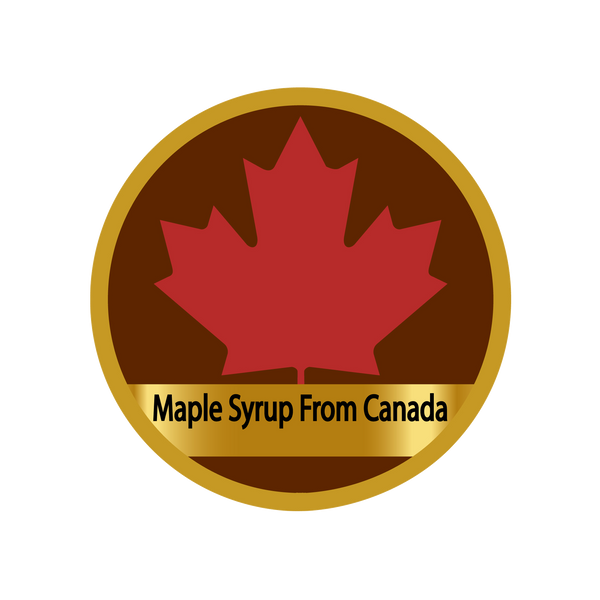Maple syrup is a natural sweetener that is commonly used in food and drinks. It is made from the sap of maple trees, which is collected in the springtime and then boiled down to create the thick syrup that we know and love. Maple syrup is a popular product in many countries, but Canada is the world's largest producer and exporter of maple syrup. In recent years, technology has played an increasingly important role in maple syrup production and export.
One of the most significant technological advances in maple syrup production is the use of tubing systems to collect sap. Traditionally, sap was collected by tapping each tree and hanging a bucket to collect the drips. This method was labor-intensive and time-consuming, as the sap had to be collected and transported by hand. However, tubing systems allow sap to be collected more efficiently and with less labor. The tubes are connected to a network of pipes that lead to a central collection point, where the sap is stored and transported to the sugar house for processing
Another technological advance in maple syrup production is the use of reverse osmosis machines to remove excess water from the sap before it is boiled down to syrup. This process increases the efficiency of the boiling process and reduces the amount of fuel needed to boil the sap. Reverse osmosis machines can remove up to 75% of the water from the sap, which significantly reduces the time and energy required to make maple syrup.
In addition to improving the production process, technology has also played a role in the marketing and export of maple syrup. Online marketplaces and social media have made it easier for small-scale producers to reach customers around the world. Maple syrup can now be sold online and shipped directly to customers, which has opened new markets for small producers and distributors.
Technology has also played a role in ensuring the quality and authenticity of maple syrup. The International Maple Syrup Institute has developed a grading system to ensure that maple syrup is properly labeled and graded according to its color and flavor. This system allows customers to know exactly what they are buying and ensures that producers are meeting certain standards.
In conclusion, technology has played an important role in maple syrup production and export. From the collection of sap to the marketing and distribution of the finished product, technology has made maple syrup production more efficient, sustainable, and profitable. As the demand for natural and sustainable food products continues to grow, it is likely that technology will continue to play a significant role in the future of maple syrup production and export.

